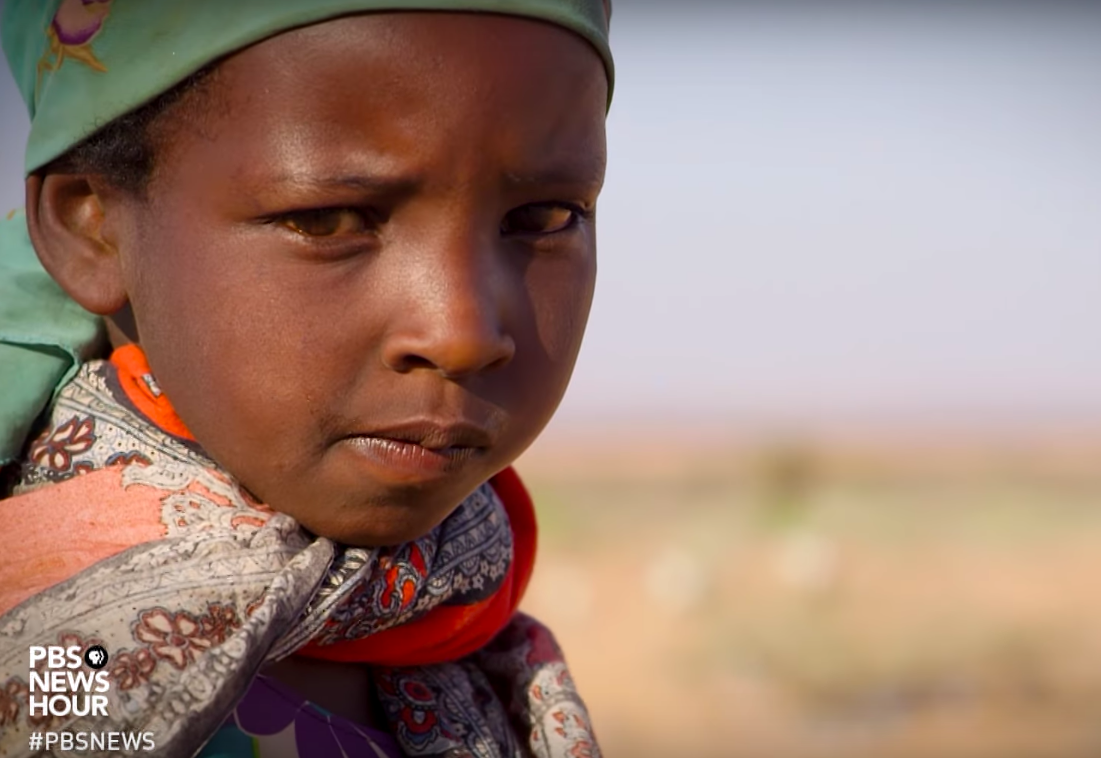
*Editor’s Note: Elephant Journal articles represent the personal views of the authors, and can not possibly reflect Elephant Journal as a whole. Disagree with an Op-Ed or opinion? We’re happy to share your experience here.
~
It’s obvious that something is going on with our climate; sea levels and temperatures are rising, people are being displaced from their homes due to droughts, and extreme weather conditions and ecosystems are being impacted resulting in animals and other sentient beings becoming extinct.
But many still consider the key question to be “to what extent is climate change and global warming the result of a natural phenomenon in alignment with the planet’s huge cycles of change and to what extent is this a man-made crisis?”
Instead of debating why what is happening is happening, it would be more beneficial to focus on what we can do as a result of what is happening. It seems that pretty much everyone is in agreement that our current way of living, particularly from an industrial and carbon generated energy perspective, is having an impact. The majority of disagreement between the natural versus human reasons for the climate emergency seems to focus on how much control we as a species have over what is happening. The pendulum of responsibility seems to swing between a massive amount of influence, to very little, but the fact remains that both camps agree that we have some influence.
Therefore, does it not seem sensible to do what we can in order to minimise suffering of current peoples and sentient beings most impacted by the rising temperatures? Would this approach not increase the chances of an inhabitable planet for our children and the generations to come?
If we can slow down the rate of global warming even fractionally, isn’t that worth doing?
We know that there are many families who have, for generations, made ends meet by farming the land inherited from their fathers before them, but the rise in temperatures and droughts means they can no longer make a living as they have been used to. Climate change is responsible for this situation and if we can slow down the rate of global warming this can buy time for changes to be made to the way we live, which may positively affect a small number of families today and many in the future.
Even if the enormity of the issues we face are largely a natural cycle of change and beyond our influence to stop or reverse, doesn’t it make sense from the perspective of kindness and empathy that we do what we can to slow down the crises and minimise the rate and degree of suffering?
How can we be at peace with ourselves when we know that we are contributing to the suffering of others even just a little bit and even if they are in a distant country? It’s a matter of conscience and compassion and humanity that we do what we can, whether it is for our own children or children over the other side of the world.
Mother Teresa said: “The trouble with the world is that we draw the circle of the family too small.”
If we see the whole of humanity as part of our family, aren’t we going to feel so strongly that we must do whatever we can and reduce the pain of all of humanity and all living creatures? If the burning of fossil fuels is responsible for global warming, doesn’t it make sense to invest massively in alternative forms of energy now?
Mother Teresa knew that she could not eliminate suffering in the slums of Calcutta and yet she worked tirelessly every day with her sisters and supporters to do what she could because when we are in touch with our hearts we know this is simply the right thing to do. In caring for others, we become more greatly aligned with the kind, loving beings that I believe we inherently are.
We know that the oil reservoirs in the earth are finite, and many reports suggest that reserves are dwindling rapidly. Wouldn’t it make more sense to conserve the oil that we have for using in products and processes where there are no known alternatives?
We know that there is a vast array of environmentally friendly energy alternatives such as wind, ocean, and solar sources that would reduce our carbon emissions. We know that there are alternative methods of farming livestock that would vastly reduce carbon emissions. We know and have known for decades that the halting of deforestation and planting trees would slow down global warming.
Yet all these known factors are only just beginning to be actioned by sleepy governments and multinationals who still seem to put profit before the well-being of their fellow humans and life on earth.
Perhaps we have become desensitised and lost our compassion and lost touch with our hearts because, at the end of the day, it doesn’t seem to be so important whether we as a race are responsible for the climate crises. What is important is that we make the epic journey from our heads back to our hearts and do what we can to alleviate the current suffering crises now, even if it feels insignificant.
Sometimes it is not just about what we do and the impact of our doing. When we take action from a clear and aligned head and heart the journey becomes recognised as being as important and if not more so than the destination.











Read 0 comments and reply